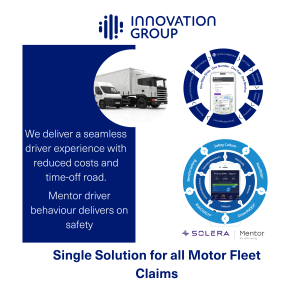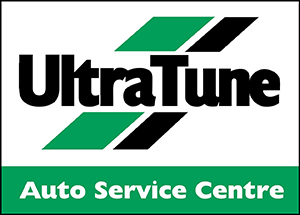Finding the fleet vehicle to perfectly fulfill the needs of the organisation, however big or small or varied in its requirements, is a process not to be underestimated. There are typically four types of fleet vehicle: Tool of Trade (ToT), employment package, employee private vehicles (aka ‘grey fleet’) and outsourced transport.
ToTs are not for private use under any circumstance with exception to specific written authority, and they are not to be substituted for other vehicles without company approval. Nor should an inferior vehicle be used to substitute in the case of being granted approval.

Assess the varying shades of grey fleet before authorising
Employee package vehicles consist of ‘novated lease’ and ‘company provided’ vehicles. The former is acquired via a three-way lease agreement between the employee (owner), the company and a vehicle supplier; the latter is owned by the company but used specifically by the employee and/or their partner where authorised.
Privately-owned vehicles (grey fleet), when authorised by the company, incur compensation for the vehicle’s use on behalf of the company in accordance with the Australian Tax Office. The vehicle must be approved for company business use, and can only be substituted with approval in the
case of needing hire care services, from a major car hire company, in the event of servicing/maintenance or a breakdown.
Alluring cost reductions associated with grey fleet vehicles do not negate OH&S responsibilities, particularly in the case of poorly maintained vehicle where liability may become an issue. There is also the company image to consider as discussed in The Fleet Manager’s Role.

Does your FMO’s choice of vehicle have the right ‘image’ for your company?
Outsourcing a vehicle fleet also has innate benefits and deficits in the form of control. Depending on the systems put in place by the fleet manager, safety, procedure and incident review can get out of his or her control if not kept in check. Likewise, ensuring the fleet management organisation acting on your behalf does so in a manner that aligns with your company is essential to keeping a good reputation. This can mean demonstrating satisfactory performance and sighted evidence.
It’s also crucial to allocate the appropriate vehicle to the needs of the employee and vice versa, the right employee needs to be assigned to the functionality of certain vehicles. Once approval and authorisation has been sorted (see On-Going Driver Checks and The Driver) driver safety contracts are a reinforcing step to guarantee driver safety and responsible driving based on the standards set by the company.











